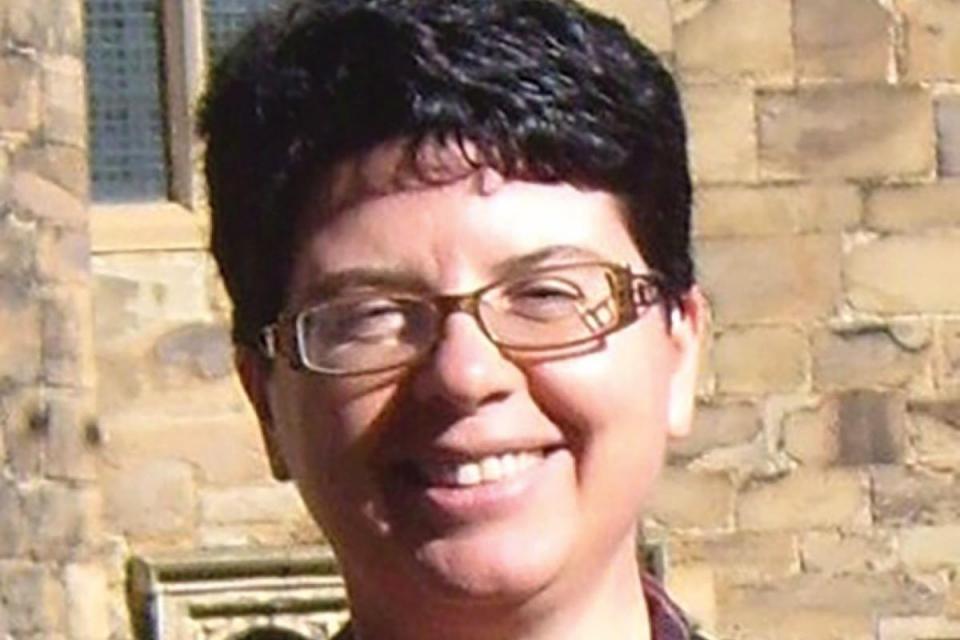A woman’s voice – Nadia Delicata
Women’s presence in the Church without ‘voice’ is not only deficient, but oppressive

Pauline Dimech, a member of the Society of Christian Doctrine (MUSEUM) and an esteemed colleague at the faculties of Education and Theology, passed away a week ago. Her three public roles of catechist, religious educator and theologian marked her as minister of the Church.
As a woman whose very life was marked by ‘words’ spoken on behalf of the Church, paradoxically, she consistently stressed the necessity of ‘voice’: of a true feminine voice that is alive and life-giving because it is echoing from the very heart of the Bride of Christ; a voice that not only needs to be heard and pondered, but that challenges the Church – from the peripheries through all its structures – to acknowledge, as Pope Francis insists, how “the Church is woman”, mirrored especially in baptised women.
Dimech’s legacy challenges me deeply. I am also a theologian, who spends many hours ‘speaking’ and ‘writing’ in academic and pastoral contexts, and for four years, I have also served as Archbishop Charles Scicluna’s Delegate for Evangelisation, a role that comes with the burden of many meetings leading to pastoral decision-making. Surely, as a baptised woman – raising a family and in active ministry – I have a ‘voice’ in the Church? Surely, fellow brothers and sisters in Christ, might see in me a very imperfect ‘feminine’ face that evokes the Church as Bride and Mother – as all tradition insists?
Identity – or ‘fruitful voice’ – emerges not in a vacuum, but in a context that can be more (or less) open to receive it and be changed by it. But, as the ongoing Synod on Synodality, called by Pope Francis, is revealing, female religious, lay ministers, sisters, wives and mothers, baptised women everywhere, lament feeling unseen and unheard in the Church they are supposed to embody.
Since 2018, a yearly ‘Women in Theology’ initiative at the Faculty of Theology has sought to shed light on this ‘voicelessness’ and ‘invisibility’. In 2018, I wrote: “it is not our female voice that really matters. It is rather… our faithful but distinctive presence that makes the real difference.” Today I concede that presence without ‘voice’ is not only deficient, but oppressive.
The Church would not suffer the wound of clericalism if, collectively, as sinners called to holiness, we were truly open to see “the Church as Woman”. Clericalism exists because, in fact (if not in words), we reject the Church’s fecund femininity, her being Bride and Mother in the many flesh-and-blood women who mirror her.
The Church would not suffer the wound of clericalism if, collectively, as sinners called to holiness, we were truly open to see “the Church as Woman”
As if in response to Dimech’s lifelong quest for ‘voice’, another ‘Women in Theology’ event is scheduled on Friday, March 10 at 7pm at the University Chaplaincy. Sr Nathalie Becquart, a woman lauded for her ‘real voice’ in the Church, will be addressing the role of women in the Church today.
Two years ago, Sr Becquart was appointed by Pope Francis as an undersecretary of the Synod of Bishops, making her the first woman to have the right to vote in the (Catholic) Synod of Bishops. The Synod, or Council, is the gathering where, for two millennia, the fullness of ‘voice’ in the Church has been uttered and remembered. Through the ongoing Synod on Synodality, she is also serving the Church to acknowledge the ‘voice’ of all voiceless. May the voice that she will bring through her presence and words move the local Church to renewal in her feminine awareness… and genius.